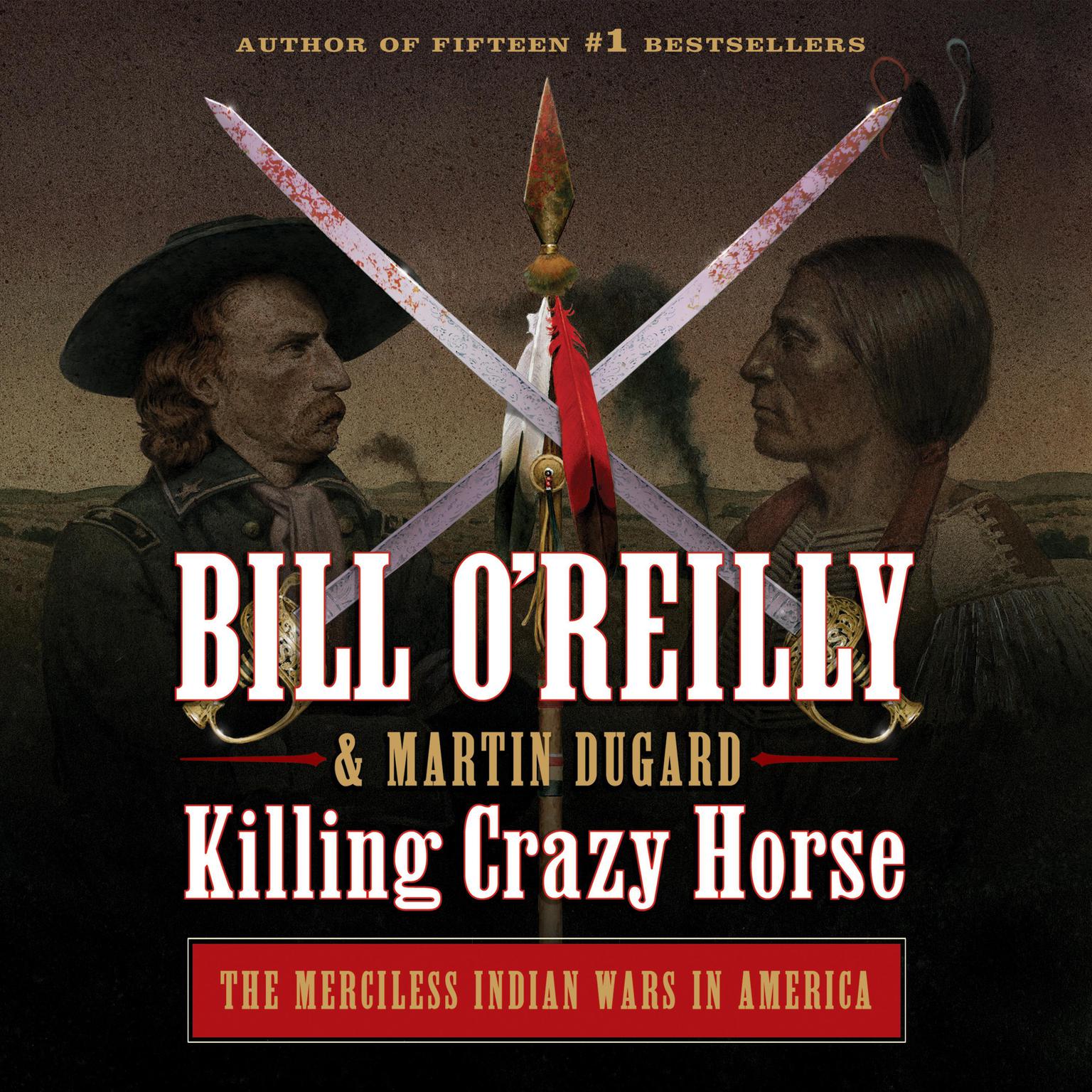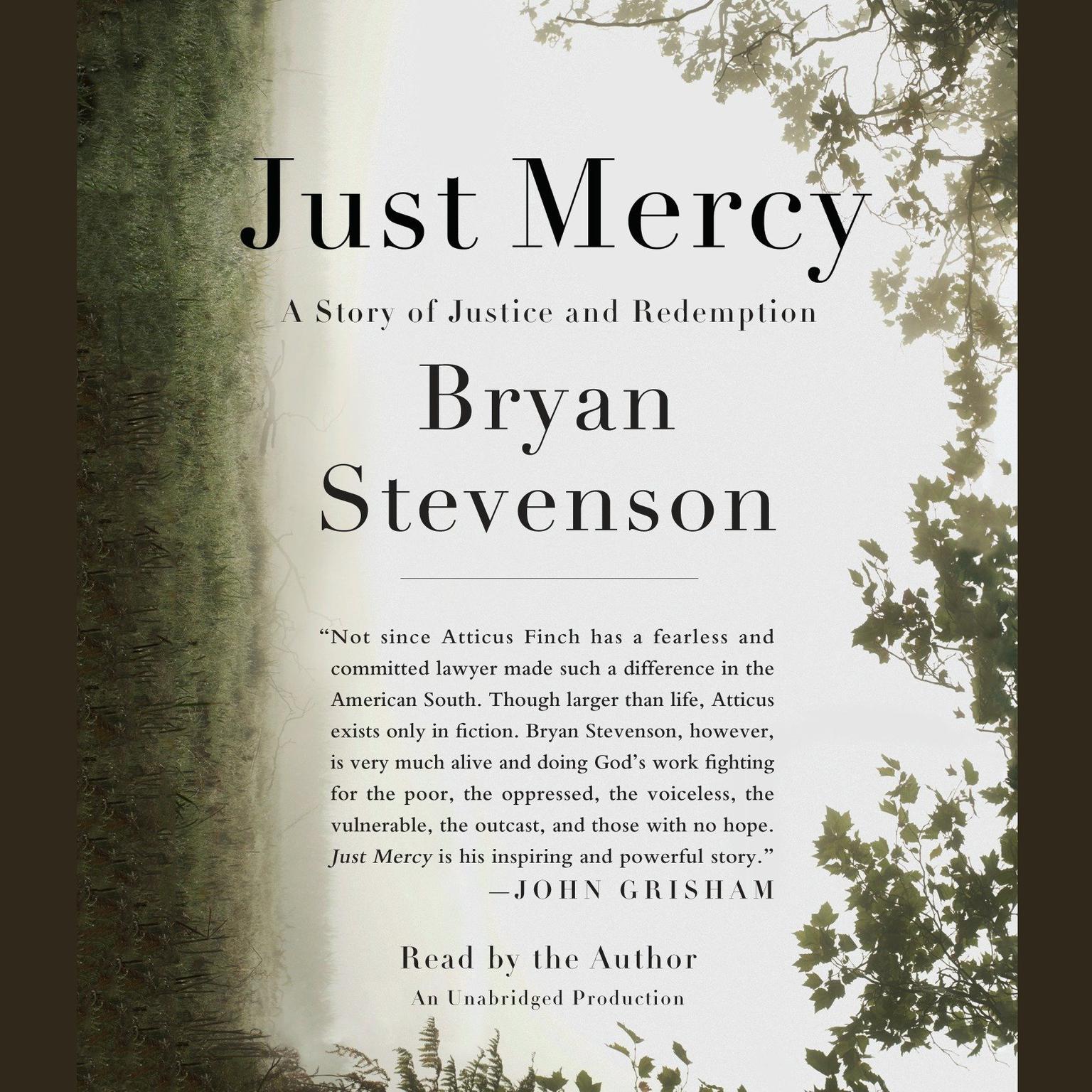Publisher Description
In 1877, Chief Standing Bear’s Ponca Indian tribe was forcibly removed from their Nebraska homeland and marched to Oklahoma—known then as Indian Territory—in what became the tribe’s own Trail of Tears. “I Am a Man” chronicles what happened when Standing Bear set off on a six-hundred-mile walk to return the body of his only son to their traditional burial grounds.
Along the way, it examines the complex relationship between the United States government and the small, peaceful tribe and the legal consequences of land swaps and broken treaties, while never losing sight of the heartbreaking journey the Ponca endured. It is an account of people left for dead who survived injustice, disease, neglect, starvation, humiliation, and termination. On another level, it is a story of life and death, despair and fortitude, freedom and patriotism; a story of Christian kindness and bureaucratic evil; a story of hope, of a people still among us today, painstakingly preserving a cultural identity that had sustained them for centuries before their encounter with Lewis and Clark in the fall of 1804.
Before it ends, Standing Bear’s long journey home also explores fundamental issues of citizenship, constitutional protection, cultural identity, and the nature of democracy—issues that continue to resonate loudly in twenty-first-century America. It is a story that questions whether native sovereignty, tribal-based societies, and cultural survival are compatible with American democracy.
Standing Bear successfully used habeas corpus, the only liberty included in the original text of the Constitution, to gain access to a federal court and ultimately his freedom. This account aptly illuminates how the nation’s delicate system of checks and balances worked almost exactly as the Founding Fathers envisioned, a system arguably out of whack and under siege today.
Download and start listening now!
“Starita is careful to cover all the legal bases, but he is more interested in reaching general readers than legal historians. He succeeds admirably, especially on noting the outcome of the case, which both established legal personhood for American Indians and allowed Standing Bear to live once again in Nebraska. A worthy, readable companion to Peter Nabokov’s Native American Testimony, Vine Deloria’s Custer Died for Your Sins and other modern standards of Native American history.”
—
Kirkus Reviews










